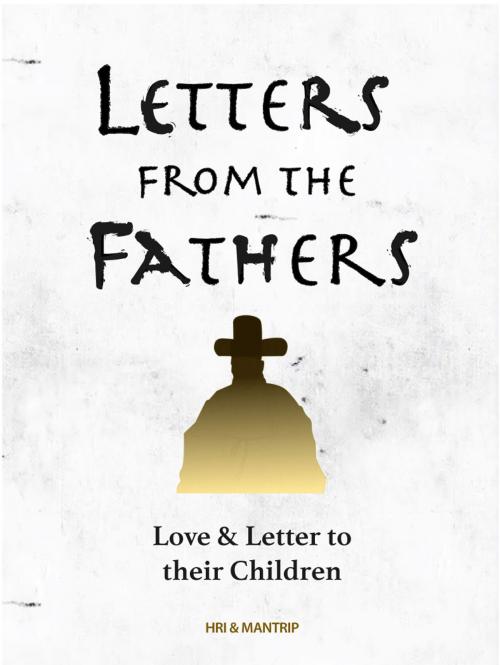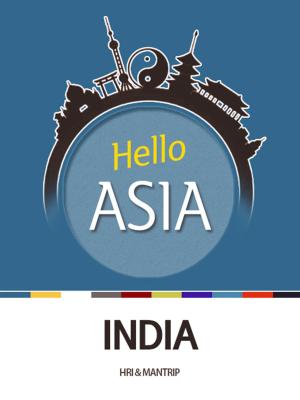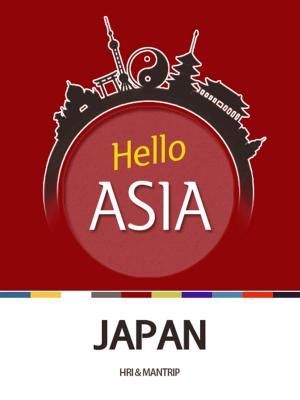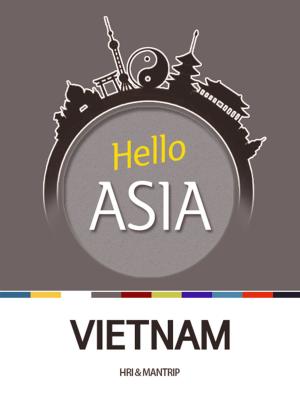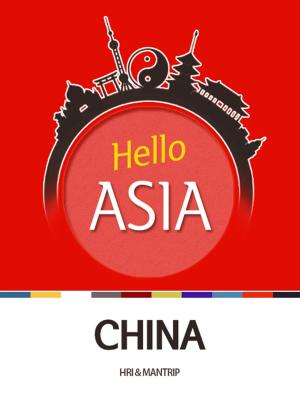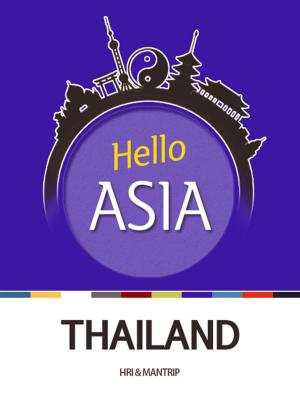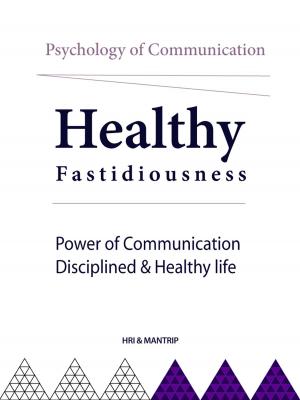Love Letters from Fathers
Nonfiction, Family & Relationships, Parenting, Child Development, Fatherhood| Author: | HRI | ISBN: | 9791186223475 |
| Publisher: | Mantrip | Publication: | December 31, 2015 |
| Imprint: | Language: | English |
| Author: | HRI |
| ISBN: | 9791186223475 |
| Publisher: | Mantrip |
| Publication: | December 31, 2015 |
| Imprint: | |
| Language: | English |
Who could possible know a person better than his or her parents? We will read the letters of the great men from Chosun, who were "fathers" before they were scholars, officers and writers. What kind of letter did Lee Hwang (Toegye, 1501-1570), scholar and civil servant from the mid-Chosun era, send to his son who had lost confidence and have given up the state exam? Let's listen to the voice of the father from the letter.
A writer from the mid-Chosun era, Baek Kwang-hun (Okbong, 1537-1582) was relieved to find out his two sons safely entered into the exam station, but still expressed his nervousness in his letters. The father who lived in Seoul alone, working as one low officer to another, worries more and more about his wife at home and the unreliable children.
Yoo Sung-ryong (Seoae, 1542-1607), a civil servant in the mid-Chosun era, writes about his education experience for his children who had lost the time to study due to household problems and wars. He is sorry about the lost time when every second is precious for young people and kindly teaches his children about studying with curiosity and preciseness. Let's listen to the father's voice through his letters.
Park Ji-won (Yonam, 1737-1805), a writer from the lat Chosun period, expresses his joy about his newborn grandson by writing that he can almost hear the baby's cry from the paper. He also talks about how to take care of the sick daughter-in-law after childbirth.
Ahn Jung-bok (Sunam, 1712-1805), a scholar in the late Chosun period, writes a letter to his 10-year-old young son who is on his way to the bride's house ty marry, worrying that he might make mistakes.
Park Je-ga (Chojung, 1750-1805), a civil servant during the late Chosun period, sends letters to his son about every detail of his exile life. Even within the complicated situation, the love and longing for his family can be easily traced in the letters. The letter he first sent to his three sons as soon as he arrived at the exile place, starts with "Don't worry".
Kim Jung-hee (Chusa, 1786-1856), a scholar and artist from the late Chosun era, does not lose his interest in objects such as how to write and draw and telling the story of making his own stuffs even in letters to his son. He delivers the heart and advice, as a father proud of a son who asks for advice on writing.
Kang Se-hwang (Pyoam, 1713-1791), a civil servant and artist of the late Chosun period, writes a letter to his son about the conversations he had shared with his companions and sons and advice bout his memorial service after death.
Lee Sik (Taekdang, 1584-1647), a civil servant from the mid-Chosun era, acknowledges the worries of his son regarding the health of the father and soothes him to stop worrying and take care of himself instead. Also, he sends his love by sharing the secrets to accept poverty and to grow minds in an attempt to calm him and guide him to dream big.
As a scholar and civil servant during the late Chosun era, Park Se-dang (Seogye, 1629-1703) is proud that his son is trying to read a history book and further writes a letter to teach him how to read history books. Let's listen to the father's voice, reminding his son that reading is "to move the letters on the pile of papers directly into the heart".
Lee Hwang leaves a message to his nearly 30-year-old son who is taking off to take the state exam, about how to study and how to behave around friends. He expresses his feelings of not wanting his son to be left out from others because of lacking any sense by just being older than his colleagues.
The father who lived in silence far away writes a letter before the son's wedding, imagining the whole family getting together at home. Also, the father who didn't hid his proudness when his son was praised by many teachers including Zhuangzi, reminds the son that no one stays young forever to emphasize doing one's best at everything.
The father who excitingly welcomed a grandchild at the age of 60 scolds the son for not letting him know how the baby looks like, through his letter. He also shows that he is slightly hurt of not hearing from the son even after sending the meat and food prepared by himself.
The father who was trapped inside Namhansansung during the Manchu war of 1636 communicated with his brothers and children through letters. As his wife grew sick due to worrying and his son became extremely sensitive at any kind of rumors related to the father, he writes about his worries and requests in his letters.
Who could possible know a person better than his or her parents? We will read the letters of the great men from Chosun, who were "fathers" before they were scholars, officers and writers. What kind of letter did Lee Hwang (Toegye, 1501-1570), scholar and civil servant from the mid-Chosun era, send to his son who had lost confidence and have given up the state exam? Let's listen to the voice of the father from the letter.
A writer from the mid-Chosun era, Baek Kwang-hun (Okbong, 1537-1582) was relieved to find out his two sons safely entered into the exam station, but still expressed his nervousness in his letters. The father who lived in Seoul alone, working as one low officer to another, worries more and more about his wife at home and the unreliable children.
Yoo Sung-ryong (Seoae, 1542-1607), a civil servant in the mid-Chosun era, writes about his education experience for his children who had lost the time to study due to household problems and wars. He is sorry about the lost time when every second is precious for young people and kindly teaches his children about studying with curiosity and preciseness. Let's listen to the father's voice through his letters.
Park Ji-won (Yonam, 1737-1805), a writer from the lat Chosun period, expresses his joy about his newborn grandson by writing that he can almost hear the baby's cry from the paper. He also talks about how to take care of the sick daughter-in-law after childbirth.
Ahn Jung-bok (Sunam, 1712-1805), a scholar in the late Chosun period, writes a letter to his 10-year-old young son who is on his way to the bride's house ty marry, worrying that he might make mistakes.
Park Je-ga (Chojung, 1750-1805), a civil servant during the late Chosun period, sends letters to his son about every detail of his exile life. Even within the complicated situation, the love and longing for his family can be easily traced in the letters. The letter he first sent to his three sons as soon as he arrived at the exile place, starts with "Don't worry".
Kim Jung-hee (Chusa, 1786-1856), a scholar and artist from the late Chosun era, does not lose his interest in objects such as how to write and draw and telling the story of making his own stuffs even in letters to his son. He delivers the heart and advice, as a father proud of a son who asks for advice on writing.
Kang Se-hwang (Pyoam, 1713-1791), a civil servant and artist of the late Chosun period, writes a letter to his son about the conversations he had shared with his companions and sons and advice bout his memorial service after death.
Lee Sik (Taekdang, 1584-1647), a civil servant from the mid-Chosun era, acknowledges the worries of his son regarding the health of the father and soothes him to stop worrying and take care of himself instead. Also, he sends his love by sharing the secrets to accept poverty and to grow minds in an attempt to calm him and guide him to dream big.
As a scholar and civil servant during the late Chosun era, Park Se-dang (Seogye, 1629-1703) is proud that his son is trying to read a history book and further writes a letter to teach him how to read history books. Let's listen to the father's voice, reminding his son that reading is "to move the letters on the pile of papers directly into the heart".
Lee Hwang leaves a message to his nearly 30-year-old son who is taking off to take the state exam, about how to study and how to behave around friends. He expresses his feelings of not wanting his son to be left out from others because of lacking any sense by just being older than his colleagues.
The father who lived in silence far away writes a letter before the son's wedding, imagining the whole family getting together at home. Also, the father who didn't hid his proudness when his son was praised by many teachers including Zhuangzi, reminds the son that no one stays young forever to emphasize doing one's best at everything.
The father who excitingly welcomed a grandchild at the age of 60 scolds the son for not letting him know how the baby looks like, through his letter. He also shows that he is slightly hurt of not hearing from the son even after sending the meat and food prepared by himself.
The father who was trapped inside Namhansansung during the Manchu war of 1636 communicated with his brothers and children through letters. As his wife grew sick due to worrying and his son became extremely sensitive at any kind of rumors related to the father, he writes about his worries and requests in his letters.
